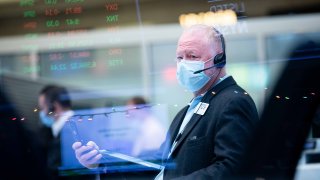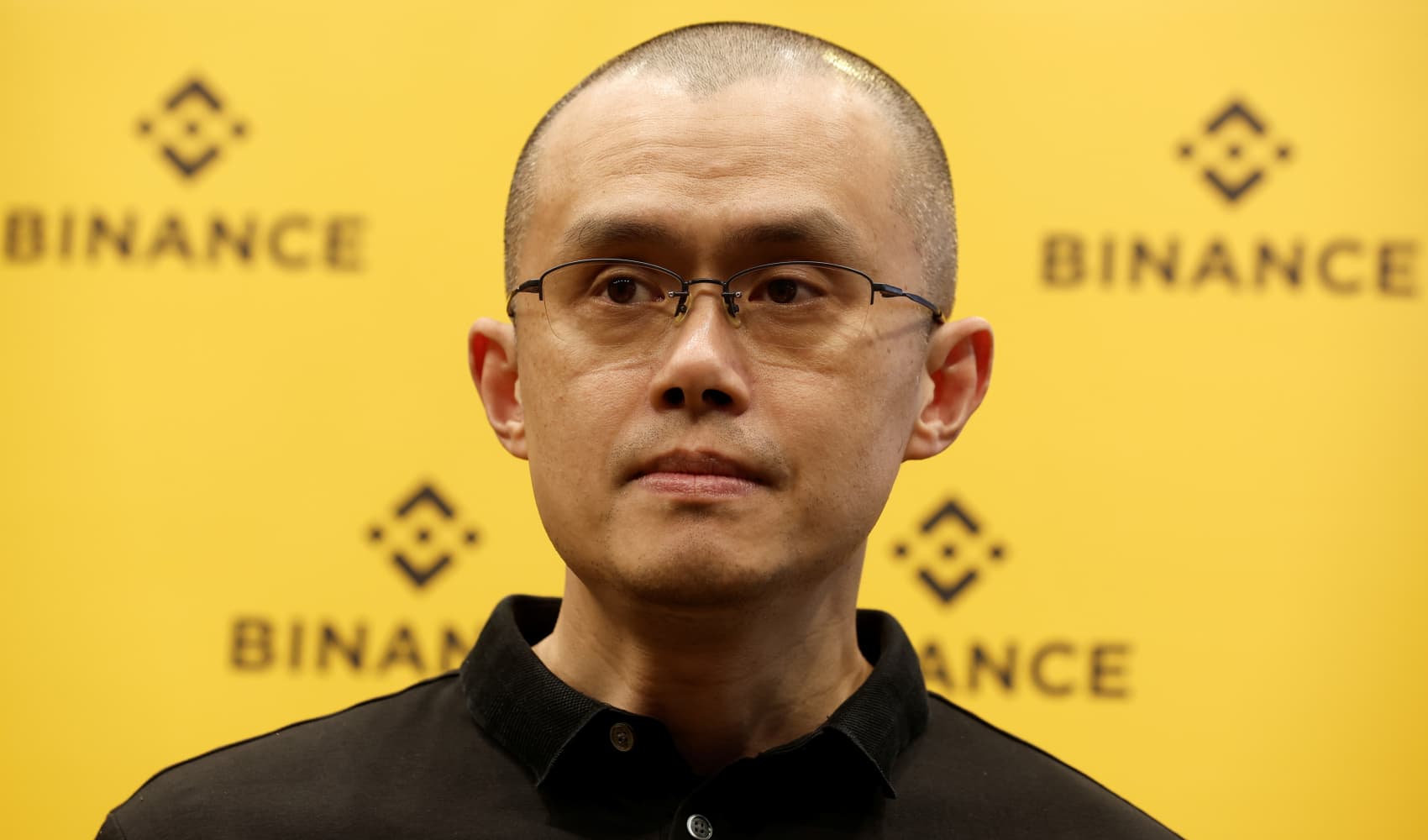
- The rollout of Covid-19 vaccines and associated hopes for imminent economic recovery, along with unprecedented fiscal and monetary support from governments and central banks around the world, has driven equity markets beyond or close to record highs in recent weeks.
- Although the distribution of vaccines is underway in many major economies, caseloads are rising amid mutated strains of the virus, forcing a number of countries to reintroduce stringent lockdown measures.
- Jeremy Grantham, long-term investment strategist and co-founder of GMO, said in a note Tuesday that the market bull run which began in 2009 had "matured into a fully-fledged epic bubble."
With stock market valuations at historically high levels despite the ever-present shadow of the coronavirus pandemic, speculation about a market bubble has been rekindled.
The rollout of Covid-19 vaccines and associated hopes for imminent economic recovery, along with unprecedented fiscal and monetary support from governments and central banks around the world, has driven equity markets beyond or close to record highs in recent weeks.
Going into Wednesday's trading session, the Dow Jones Industrial Average was up 67% from its March lows, while the S&P 500 was up 70% and the Nasdaq 92%.
Although the distribution of vaccines is underway in many major economies, caseloads are rising amid mutated strains of the virus, forcing a number of countries to reintroduce stringent lockdown measures.
Jeremy Grantham, long-term investment strategist and co-founder of GMO, said in a note Tuesday that the protracted market bull run which began in 2009 had "matured into a fully-fledged epic bubble."
"Featuring extreme overvaluation, explosive price increases, frenzied issuance, and hysterically speculative investor behavior, I believe this event will be recorded as one of the great bubbles of financial history, right along with the South Sea bubble, 1929, and 2000," Grantham said.
Money Report
Three reasons 'bubble' worries are overdone
Grantham highlighted that the stock market price-to-earnings ratio is in the top few percentiles historically while economic growth is among the bottom percentiles. "This is completely without precedent and may even be a better measure of speculative intensity than any SPAC (special purpose acquisition company)," he said.
Earlier this week, Wall Street titan Carl Icahn also cautioned that the kind of "wild rallies" seen in markets of late inevitably "hit a wall and go into a major painful correction."
"Nobody can predict when it will happen, but when that does happen, look out below," Icahn added.
However, many analysts are not convinced that the new lockdown measures represent a fundamental deterioration in the economic outlook, indicating some solace for equities.
Mark Haefele, chief investment officer at UBS Global Wealth Management, said Wednesday that the medium-term outlook for economic and earnings growth remains positive. UBS expects the global economy to expand by 6.3% in 2021 after a contraction of around 3.5% in 2020.
"After strong earnings surprises over the past two quarters, including third-quarter earnings in the U.S. being 40% higher than in the prior quarter, the outlook for corporate earnings in 2021 is also encouraging," he added.
Haefele offered two further reasons why concerns about a bubble are "overdone," the first being that valuations are not necessarily indicative of euphoria given the macroeconomic context.
"At 6%, the equity risk premium for global equities is above the average since 1998 of around 4%, indicating that stocks remain attractive relative to bonds," he said.
Equity risk premium is the additional return an investor earns by investing in stocks rather over a risk-free rate. U.S. Federal Reserve Chairman Jerome Powell also made note of this in December.
"If you look at P/Es, they're historically high, but in a world where the risk-free rate is going to be low for a sustained period, the equity premium, which is really the reward you get for taking equity risk, would be what you'd look at," Powell said on Dec. 18. "And that's not at incredibly low levels, which would mean that they're not overpriced in that sense."
Finally, UBS analysts highlighted that based on data since 1960, average one-year returns on the S&P 500 have been 11.7% following an all-time high, versus 11.3% when markets are below high points.
"Data over the same period indicates that valuations are a poor short-term timing tool for investors, with little correlation between the S&P 500 P/E and subsequent one-year returns," Haefele's team said in the note.
Rising yields favor rotation
UBS recommended diversifying away from expensive portions of the market such as U.S. growth and large-cap stocks and toward small- and mid-caps, the U.K. market, and select consumer discretionary, financial and energy stocks.
This rotation looked to be playing out around the world on Wednesday, with bond yields rising and cyclical value sectors rallying on the back of a growing likelihood that Democrats will control the U.S. Senate.
Speaking to CNBC's "Squawk Box Europe" on Wednesday, JPMorgan Asset Management global market strategist Mike Bell said rising yields would benefit financials over some of the big tech names that have benefited from falling interest rates.
Bell also suggested that a fall in unemployment amid the recovery and pent-up savings offered further upside for equities more broadly.
"We have seen a huge amount of savings being pent up, about $1.4 trillion in the U.S. of savings that wouldn't normally have taken place, and I think that as the vaccines get rolled out, that is going to be deployed," he said.
"The other thing is that as profits pick up, that tends to lead to a pickup in business investment and all of that, I think is going to stoke earnings and equities growth over the next year."






